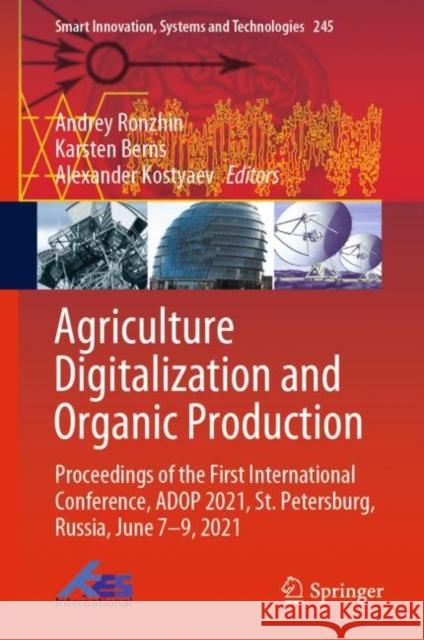Agriculture Digitalization and Organic Production: Proceedings of the First International Conference, Adop 2021, St. Petersburg, Russia, June 7-9, 202 » książka
topmenu
Agriculture Digitalization and Organic Production: Proceedings of the First International Conference, Adop 2021, St. Petersburg, Russia, June 7-9, 202
ISBN-13: 9789811633485 / Angielski / Twarda / 2021 / 371 str.
Agriculture Digitalization and Organic Production: Proceedings of the First International Conference, Adop 2021, St. Petersburg, Russia, June 7-9, 202
ISBN-13: 9789811633485 / Angielski / Twarda / 2021 / 371 str.
cena 1008,75
(netto: 960,71 VAT: 5%)
Najniższa cena z 30 dni: 963,86
(netto: 960,71 VAT: 5%)
Najniższa cena z 30 dni: 963,86
Termin realizacji zamówienia:
ok. 22 dni roboczych.
ok. 22 dni roboczych.
Darmowa dostawa!
Kategorie:
Kategorie BISAC:
Wydawca:
Springer
Seria wydawnicza:
Język:
Angielski
ISBN-13:
9789811633485
Rok wydania:
2021
Wydanie:
2022
Numer serii:
000405987
Ilość stron:
371
Waga:
0.81 kg
Wymiary:
23.88 x 20.07 x 2.29
Oprawa:
Twarda
Wolumenów:
01











